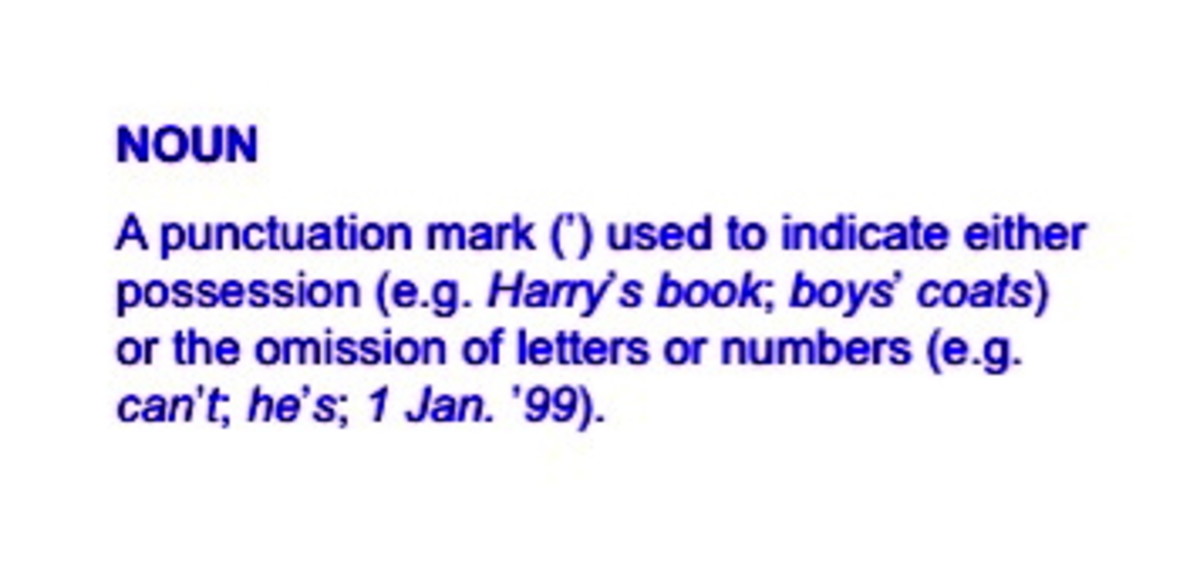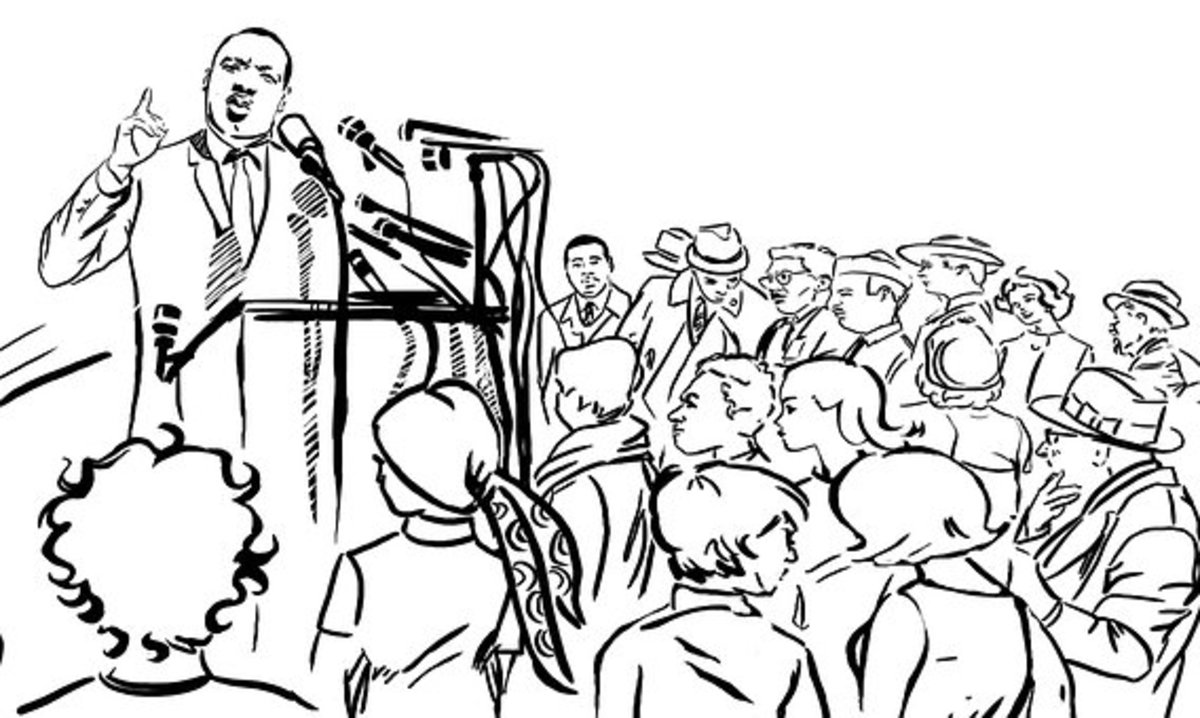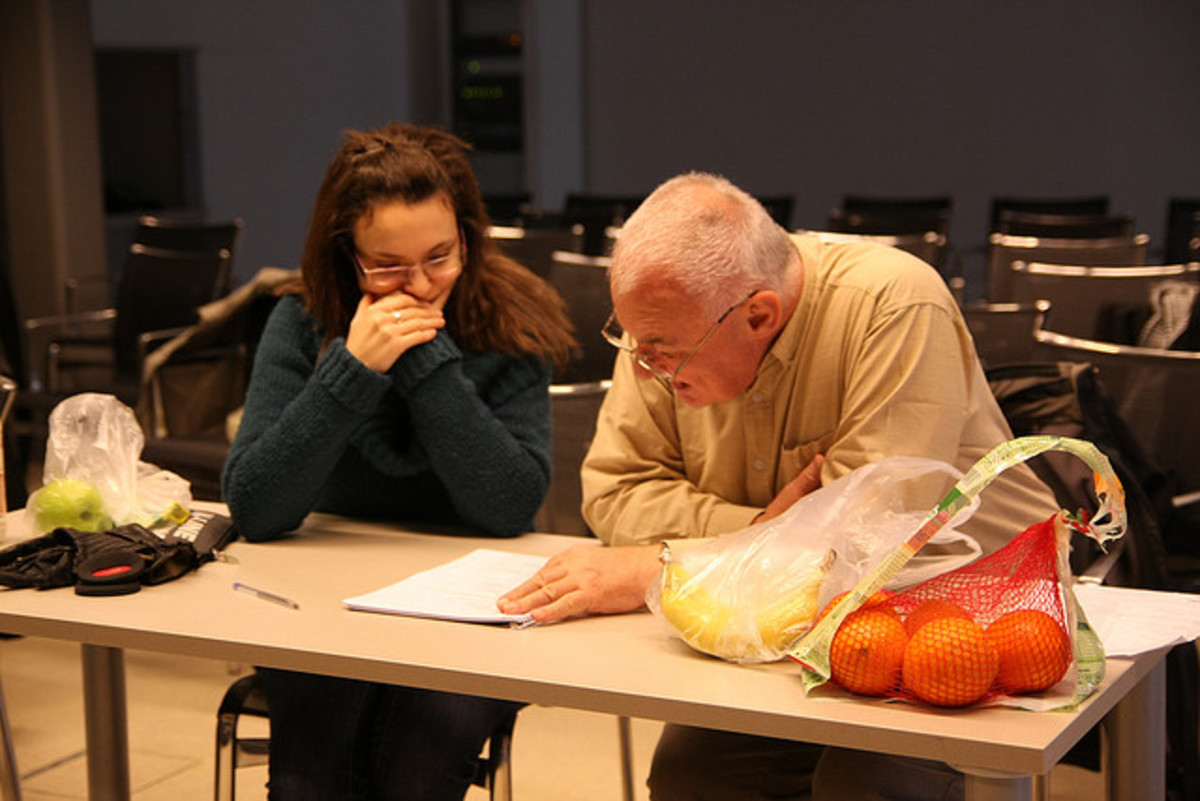What are the eights parts of speech?

English is hard. Xamuel.com lists the top ten reasons why English is a hard language to learn, and, according to the article, “One of the most difficult things about English, is the fact that there’s very little in the way of signals to tell you what kind of word a word is. For example, in Japanese and Spanish, all verbs have similar endings. Not so in English.”
But it’s more than that. A word can also be a different part of speech, depending on how it’s used. For example – Christmas is a noun, right? A proper noun, to be exact. But what if we mix it up some? What if we talk about Christmas cookies? Oh no! Suddenly Christmas is an adjective because it is describing cookies!
There are eight parts of speech. Well, technically, there are nine. Nouns, pronouns, verbs, adverbs, adjectives, prepositions, conjunctions, interjections, and articles.
Nouns
Nouns are simple. Sort of. Nouns are a person, place, or thing. Examples: coffee, mu
But there aren’t just nouns. There are also abstract nouns that don’t exactly fall under person, place, or thing. Abstract nouns refer to feelings and emotions. Examples: Love, Beauty, Anger
Then there are proper nouns and common nouns. Proper nouns refer to a specific person place or thing while common nouns refer to a general thing. Starbucks would be a proper noun, but a coffee shop would be a common noun.
Pronouns
Pronouns are not, contrary to what Calvin learns from Hobbes in one of my favorite Calvin and Hobbs comics strips, nouns that have lost their amateur status.
Pronouns replace nouns. For example, he, she, it, they, one, everyone, anyone, someone, you, I, we…you get the idea.
Here’s the thing about pronouns. They need antecedents. It’s getting trickier now, right? But all an antecedent is is the word that the pronoun refers back to.
For example, in the sentences: I got some coffee. It was decaf.
The pronoun “it” has an antecedent of “coffee.”
Verbs
Verbs don’t just do things; they can also just exist.
Action verbs do things. For example, I drank coffee.
Then there are the being verbs. They don’t do anything. They just are. For example, I am at Starbucks. They’re called “being” verbs because they are conjugations of the verb “to be.”
Sometimes, being verbs go along with action verbs. When that happens, they can be called “helper” verbs. For example, I am drinking coffee at Starbucks.
Adverbs
Adverbs are modifiers. They describe things. They describe verbs, adjectives, other adverbs.
Adverbs often end in –ly, like quickly and quietly.
She drank coffee quickly.
She slurped coffee quietly.
They don’t always end in an –ly, though. And there’s at least one word that ends with –ly that isn’t an adverb: belly.
Adverbs are generally considered weak words because the use of an adverb can signal that a verb isn’t quite the right one. Instead of saying someone “walked softly,” you should say that they “tiptoed.” You wind up with a stronger verb and a stronger sentence, hopefully.
Adjectives
Adjectives are also modifiers. But they describe different things that adverbs do. Adjective describe only nouns and pronouns.
Some adjectives:
Coffee mug (Coffee is the adjective; mug is the noun)
Hot coffee (Hot is the adjective; coffee is the noun)
Now let’s mix it up a bit.
Light sweet coffee (Light is an adjective describing coffee; sweet is an adjective describing coffee; coffee is the noun).
Very hot coffee (Very is an adverb describing the adjective hot; hot is an adjective describing coffee; coffee is the noun).
The Squirrel Test

Prepositions
Prepositions help to describe place and time.
It can be where something is happening:
“In” the drive- through
“Behind” the counter
It can be when something is happening:
“Before” it’s brewed.
“After” it’s served.
One trick to remember with prepositions is the squirrel test. Like looking for the –ly ending on adverbs, it’s something that doesn’t always work, but it can help. Here’s the squirrel test: can a squirrel do it? A squirrel can run “around” a tree; “above” a tree; “behind” a tree…you get the idea. Not all prepositions will work, but it’s a good quick test if you’re stuck.
Here’s just one of many websites that lists prepositions:
School House Rock: Conjunction Junction
Conjunctions
Conjunctions join things. All sorts of different things, depending on the type of conjunctions.
First, there are the coordinating conjunctions. Coordinating conjunctions join things that are equal. They are often called the FANBOYS (For, And, Nor, But, Or, Yet, So).
Next up are the subordinating conjunctions. Subordinating conjunctions join two unequal things. Examples include because, since, although, however…
Finally, there are correlative conjunctions. Correlative conjunctions travel in pairs. Examples include both/and, not only/but also, either/or, neither/nor. If you see one, chances are you’ll see the other.
Interjections
Interjections express an emotion. They are exclamations, protests, or commands. Commons interjections include:
Hey!
No!
Ouch! (For those of us who drink coffee when it’s too hot.)
When you use them in writing, you want to make sure to set them off from the sentence. You can use a comma.
No, I don’t want to stay at Starbucks all day, drinking coffee and relaxing.
Or you can break them apart with stronger punctuation.
No! I was kidding! I’d never say no to a day at Starbucks!
Articles
Finally, we get to articles. There are only three articles: A, An, The.
“A” and “an” are “indefinite” articles – they refer to a general item.
A mug. A table. A cup of coffee.
“The” is a “definite” article – it refers to a specific item.
The mug. The table. The cup of coffee.
Nowadays, you will often hear that articles are adjectives, and that’s what they are. They do describe or modify something. So feel free to call them adjectives, but remember, they are articles.









